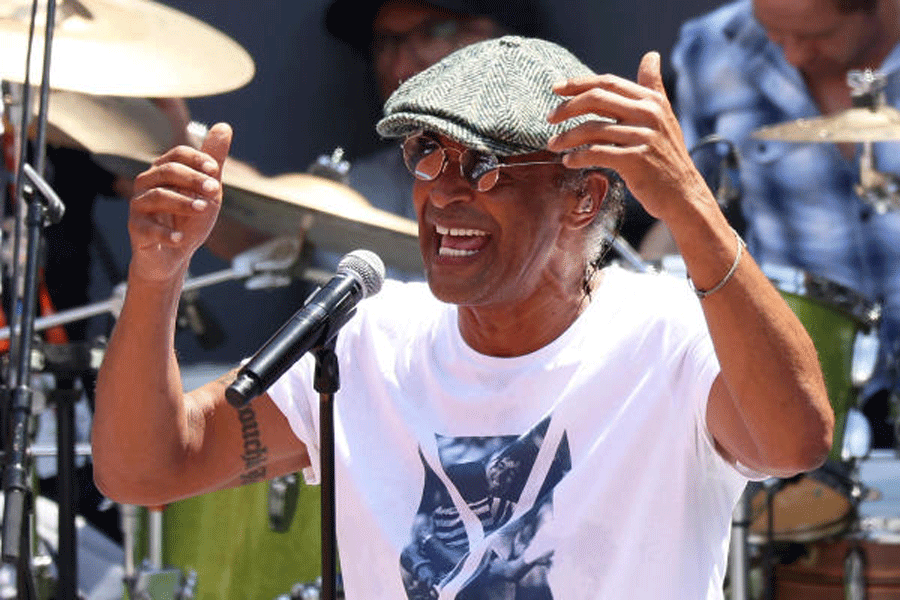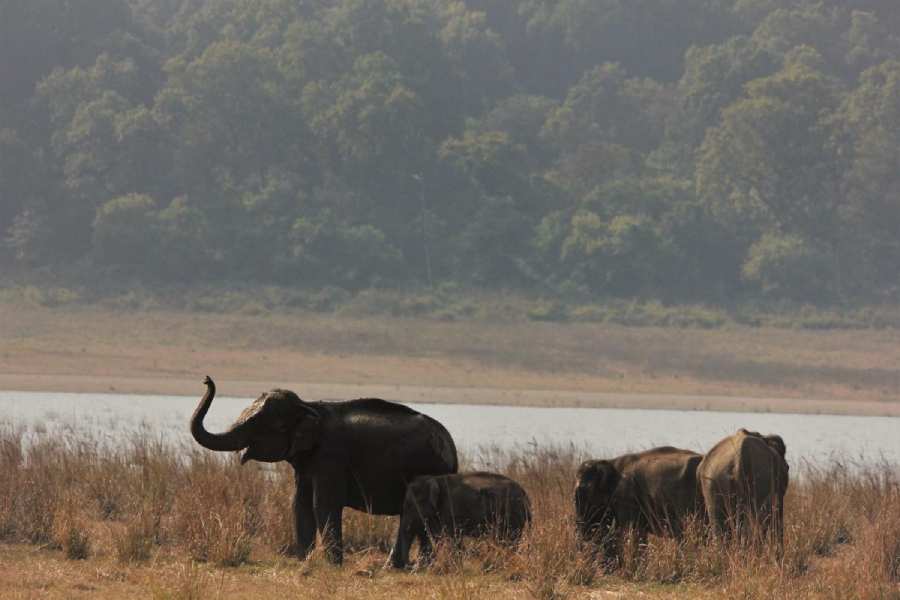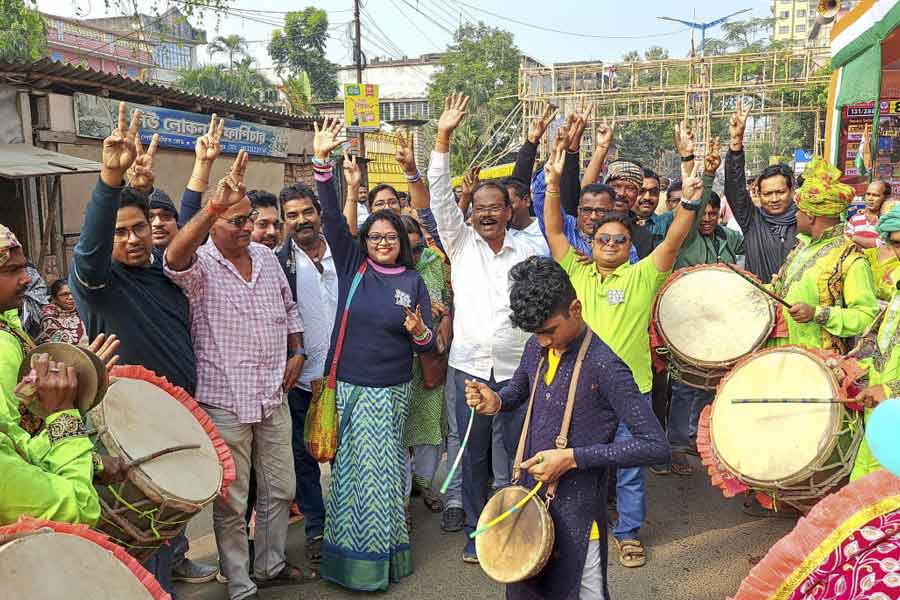Yannick Noah was nervous.
He was on familiar and, for him, sacred ground at Roland Garros, in the stadium that has been so central to his life, where he has watched, played and won so many matches, including the biggest of his life, and served as the ultimate tennis talisman and guru for his countrymen.
But he had never performed on Philippe Chatrier court like this, which is to say, never given a concert as the version of himself that has for the past three decades dominated his life: the African-pop-reggae star of sorts.
But then the band was waiting on the stage, and the public address announcer was calling his name, and nerves be damned, Noah, barefoot on the court once more and pulling off pedal pushers as gallantly as any 63-year-old man possibly can, was walking across the red clay, with the microphone to his lips waving and singing his opening song.
“I lived my best moment here,” he said later, during a news conference more packed than it would have been for any active player. “I have memories everywhere here, including my first kiss.”
Forty years ago Noah etched his name into the history of France, winning the French Open men’s singles title. That victory, which stands as the only title by a Frenchman at the French Open in the past 77 years, is one of those sports moments that is part of the broader French consciousness, a precursor of sorts to France winning the men’s soccer World Cup in 1998 with a team filled with stars with African heritage.
Everywhere else, Noah is known as the swashbuckling and effortlessly athletic Cameroonian-French player who won that big tournament a while back.
Then there is his post-playing life: international music star; the winning captain at the Davis Cup, which he celebrated by leading his team in an epic version of the African conga dance that accompanies his hit song; a leader of his village in Cameroon.
“For me, tennis is like some other time, like another life,” Noah said. “Once every 10 years, you know, they remind me I was a tennis player.”
The dreadlocks he used to sport caused a stir in the staid world of an almost entirely white sport. Ahead of a Davis Cup final against Noah and France in 1982, John McEnroe, who was not exactly a creature of the establishment, remarked that he was “more afraid of his new hairstyle” than Noah’s game.
The following spring, Noah romped to the French Open championship. His playing career officially ended after the 1996 season, with more titles than any Frenchman before or since. By then he was already deep into his music career. His song “Saga Africa” had become a hit in 1991, leading to a dual focus that soon began to tilt toward music.
Noah spends much of his time in Cameroon now. The dark dreadlocks are gone, replaced by tidy and appropriately thinning salt-and-pepper hair.
There are lines across his forehead and bags under his eyes. But the gap-tooth smile, the soft voice, his “thereis-more-to-life-than-tennis” ethos, and that combination of swagger and approachability, it’s all still there.
In the middle of the concert, he took a lap through the stadium, singing into the microphone in one hand, high-fiving and embracing the crowd with the other.
The growing distance between the public and tennis players troubles him, he said, especially when social media is supposed to get them closer to fans.
He has little use for the game’s code of conduct, which he said stifles players, preventing them from showing emotion on the court.
He worries about the future of French tennis. The are no coaches who have won at the highest level, so young players have no true expert guidance. “If the players call me, I’m here. But time is passing,” he said.
New York Times News Service











